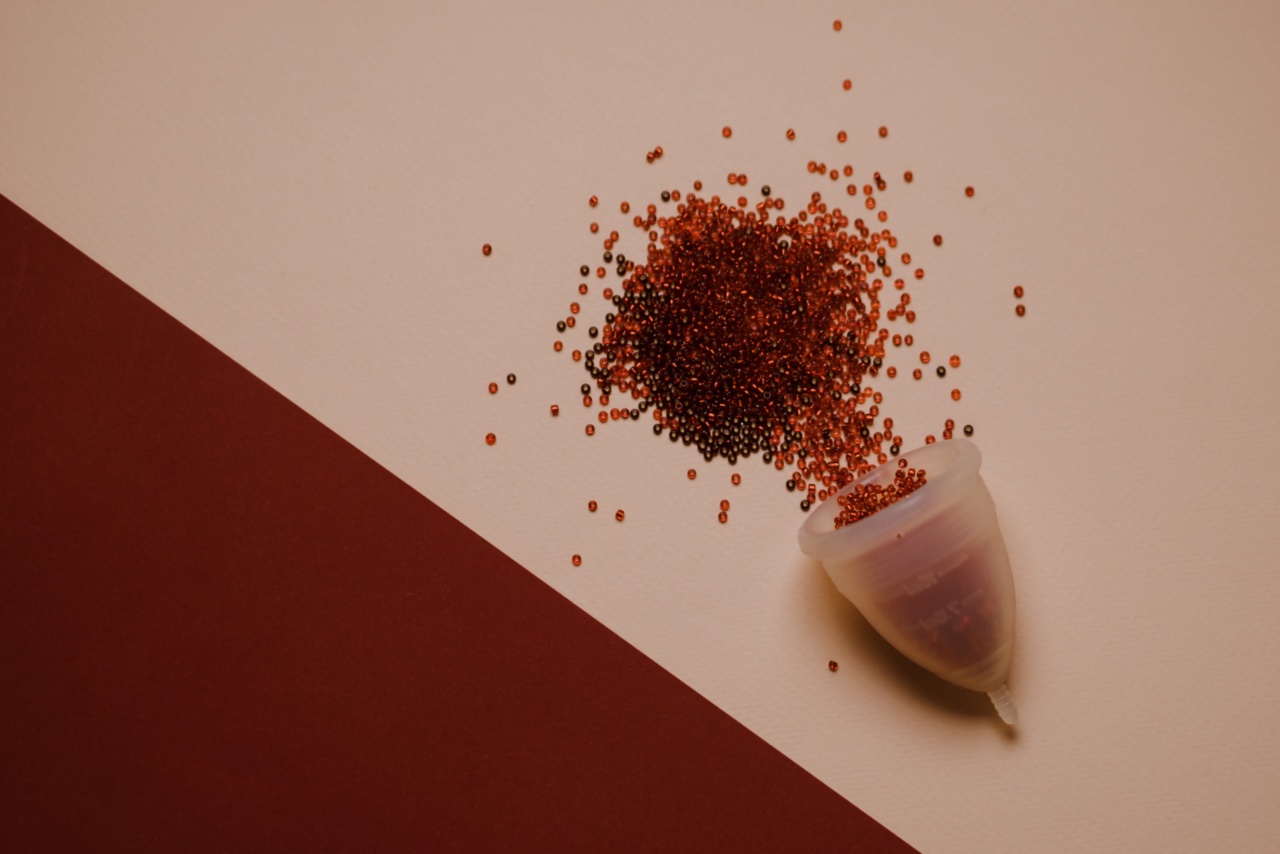Sexual intimacy is an essential part of many people’s lives, but it can sometimes be accompanied by embarrassing bodily occurrences.
Vaginal gases, also known as queefing, are one such occurrence that can cause discomfort or embarrassment for some individuals. However, it’s important to know that vaginal gases are entirely normal and occur due to the natural function of the body. This article will explore some tips and techniques that can help prevent vaginal gases during sex.
Understanding Vaginal Gases
Vaginal gases are caused by the influx and expulsion of air in the vaginal canal. When air enters the vagina, it can get trapped and subsequently released, resulting in a sound and sensation similar to flatulence.
This process is completely normal and often happens during sexual activities that involve penetration, such as vaginal intercourse, fingering, or using sex toys. It should be noted that vaginal gases do not have any odor and are not associated with bowel movements or passing gas from the rectum.
Keep the Communication Open
Communication is key when it comes to sexual experiences. It’s crucial to have open and honest communication with your partner about your bodies and any concerns you may have.
Letting your partner know about your concerns regarding vaginal gases can help alleviate any potential embarrassment or discomfort, as they can be reassured knowing that it’s a normal bodily function.
Focus on Foreplay
Engaging in thorough foreplay can assist in preventing vaginal gases during sex. Adequate foreplay increases arousal and promotes natural lubrication, allowing for easier and smoother penetration.
When the vagina is properly lubricated, there is less chance of air becoming trapped inside and subsequently being released.
Experiment with Positions
The choice of sexual positions can influence the occurrence of vaginal gases. Some positions can create more air entering the vaginal canal, increasing the likelihood of queefing.
Experimenting with different positions can help find ones that minimize the likelihood of air getting trapped. Positions that keep the legs closer together or allow for shallower penetration may help reduce the occurrence of vaginal gases.
Slow and Controlled Movements
During sexual activity, it’s essential to maintain slow and controlled movements. Rapid or forceful thrusting can create a greater flow of air into the vagina, leading to an increased likelihood of queefing.
By focusing on slower and more controlled motions, the chances of air becoming trapped and expelled can be minimized.
Engage in Kegel Exercises
Kegel exercises are known to strengthen the pelvic floor muscles. A strong pelvic floor can help prevent vaginal gases by providing better muscle control and support.
Regularly practicing Kegel exercises can contribute to overall pelvic health, reducing the occurrence of queefing during sexual activities.
Utilize Lubrication
Insufficient lubrication can increase the friction and air entrapment during penetration, making vaginal gases more likely to occur.
Using a water-based lubricant during sex can help reduce the chances of friction and minimize the potential for queefing.
Try Different Techniques
Exploring different techniques during sexual activities can help prevent vaginal gases.
For example, incorporating gentle circular motions or shallow thrusts instead of deep and forceful penetration can minimize the chances of air being trapped within the vaginal canal.
Breathe and Relax
Being relaxed during sexual activities can also help prevent vaginal gases. Stress and tension can cause the pelvic muscles to tighten, increasing the likelihood of queefing.
Engaging in deep breathing exercises and consciously relaxing the body can aid in reducing muscle tension and preventing vaginal gases.
Acknowledge and Embrace
Lastly, it’s essential to acknowledge that vaginal gases are a natural bodily function and nothing to be ashamed of. Understanding that it is a common occurrence can help decrease any feelings of embarrassment or self-consciousness.
Embracing our bodies’ natural processes can lead to a more enjoyable and fulfilling sexual experience.
Conclusion
Vaginal gases may be an expected part of sexual activities for many individuals. While it’s not possible to completely eliminate queefing, utilizing the tips and techniques mentioned above can help minimize their occurrence.
Remember, open communication, relaxed muscles, and experimenting with different techniques and positions can contribute to a positive and comfortable sexual experience.

























